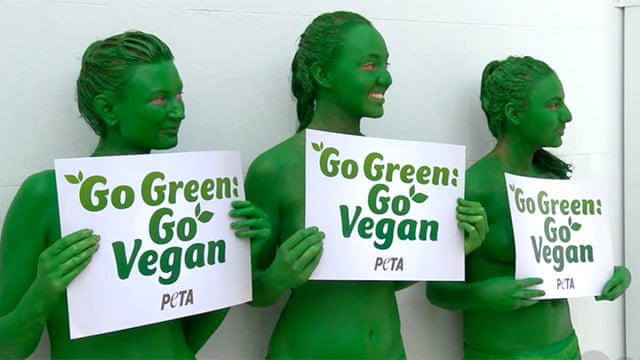This weekend’s long read pick comes with a content warning: finish your Saturday brunch first.
I read Moon Shot: The Next Big Leap For Fake Meat with a mixture of fascination and mounting disgust. Published in Grist, a US digital magazine focusing on environment and social justice issues, it is a survey of the US ‘plant-based’ and ‘cell-based’ protein industry — or, to lay readers, fake meat.
As the author Andrew Zaleski points out, meat is big business in America:
Meat industry technology has advanced rapidly, encompassing everything from selective breeding of animals to produce more meat to robotization of slaughterhouses and even mechanised butchery driven by AI machine learning. But as Zaleski points out, raising, killing and processing this many animals is highly carbon-intensive. No wonder there has been widespread support, across swathes of environmentalists, for plant-based substitutes that will appeal sufficiently to consumers to replace cruel and costly meat.
Enter ‘plant-based protein’. The processed food industry is enthusiastic, though less from the perspective of environmental benefit or ending animal cruelty than turning a profit:
Zaleski concludes that if cell-based protein manufacture continues to develop at this pace it will soon produce products that can tempt even dedicated carnivores who would turn their nose up at a bean burger. The boost this industry needs, he suggests, will come from Big Meat — and indeed, it appears that while much of the US meat industry remains ranged in opposition to alt-meat, fast food chains such as Burger King are capitalising on the mainstreaming of ‘plant-based’ diets to get enthusiastically in on the act. The author suggests the tide is turning: “there might come a day when all the protein on our plates comes from plants or cells”. Perhaps “we won’t taste any difference at all”.
But the article raised troubling questions for me about the extent to which a food industry based on an extractive approach to natural resources could, in the end, ameliorate our current damaging environmental trajectory. If we move from treating animals as the basic resource in the manufacture of junk food to treating ‘cells’ in the same way, are we not just changing one input into a system whose environmental destructiveness is structural? That is to say, surely the sustainable solution is smaller quantities of meat produced locally on mixed farms, not the same junk food industry, complete with long supply chains and a total severing of humans from their food sources, just with protein grown in vats not feedlots?
The burgeoning Soylent Green burger industry would at least ameliorate the barbarity of factory meat farming. But will it, in the end, save us from ecological catastrophe or just help the junk food industry save money on raw ingredients? The debate is just beginning.











Join the discussion
Join like minded readers that support our journalism by becoming a paid subscriber
To join the discussion in the comments, become a paid subscriber.
Join like minded readers that support our journalism, read unlimited articles and enjoy other subscriber-only benefits.
Subscribe